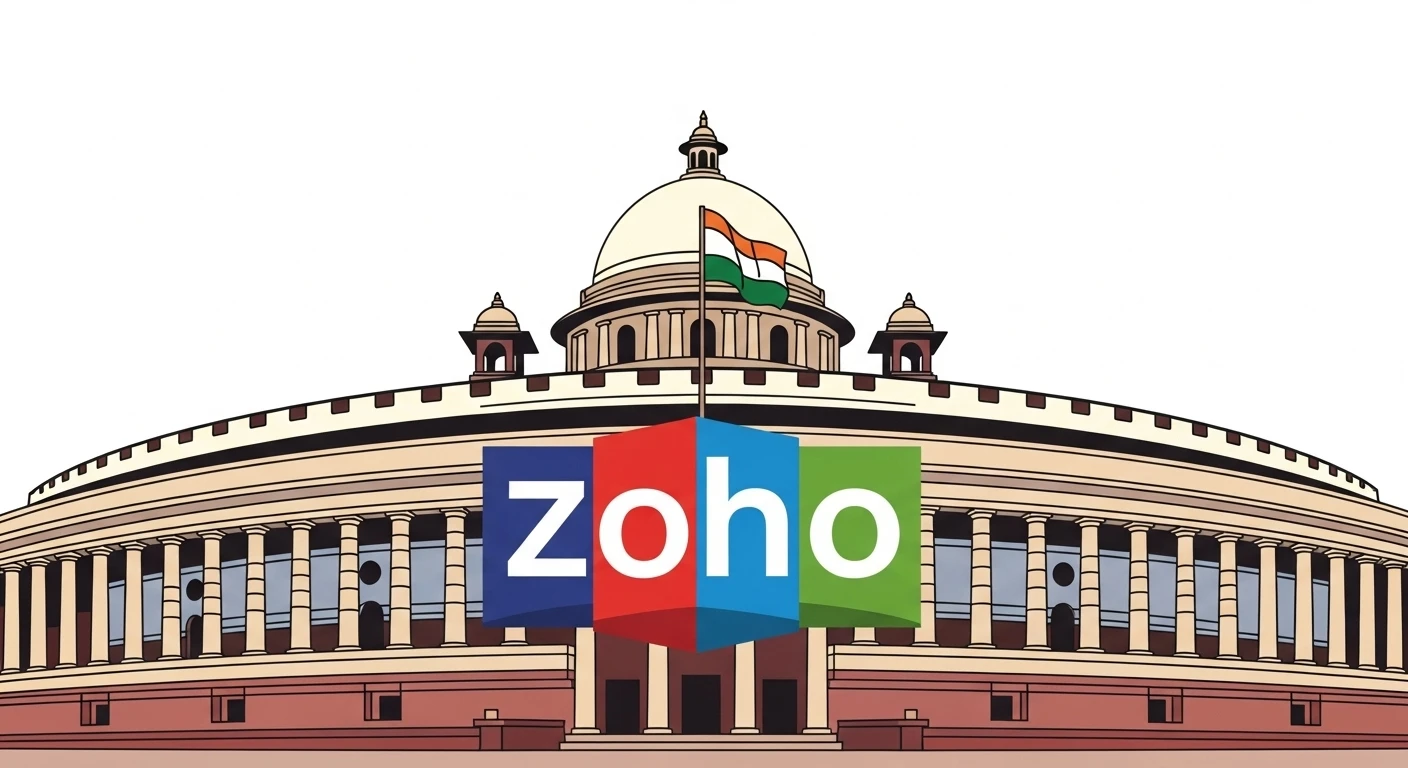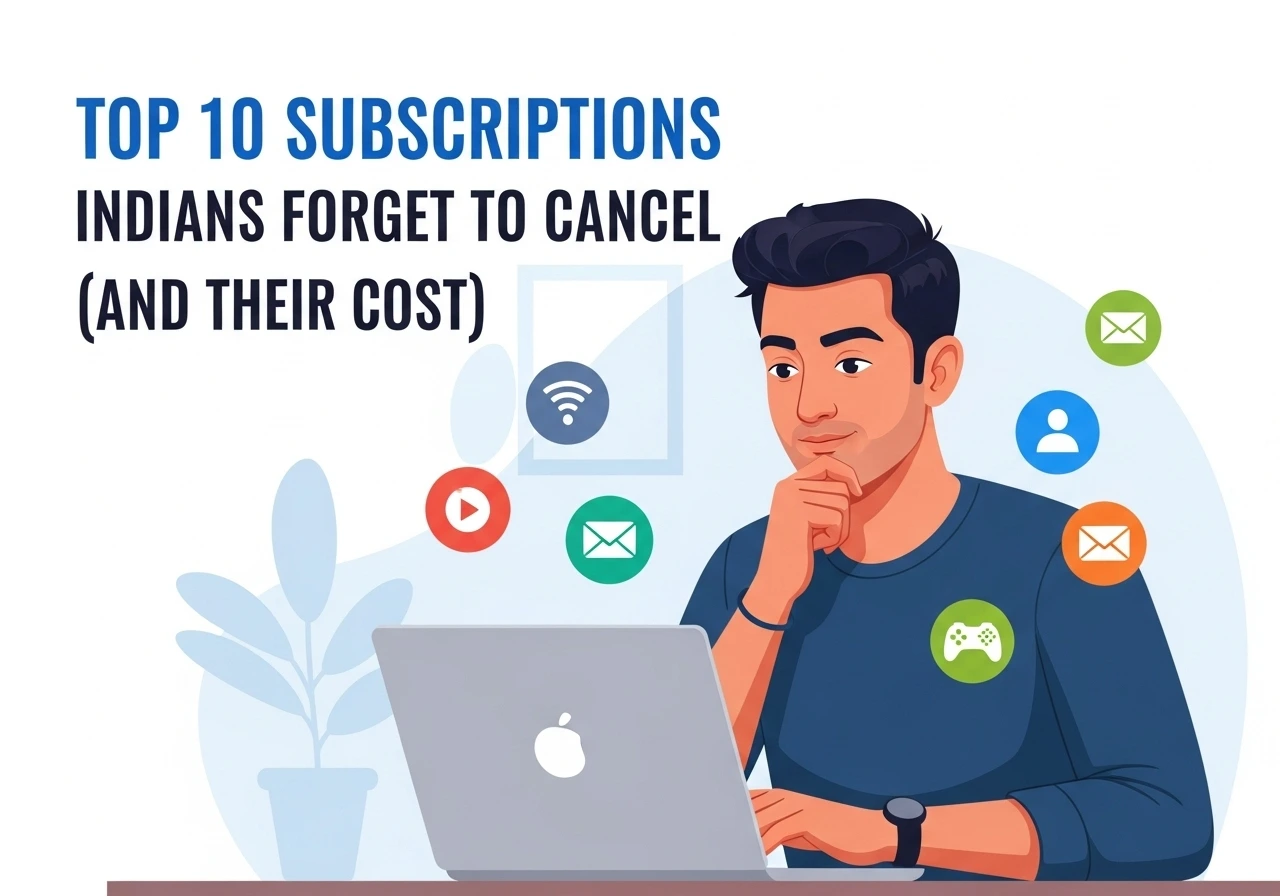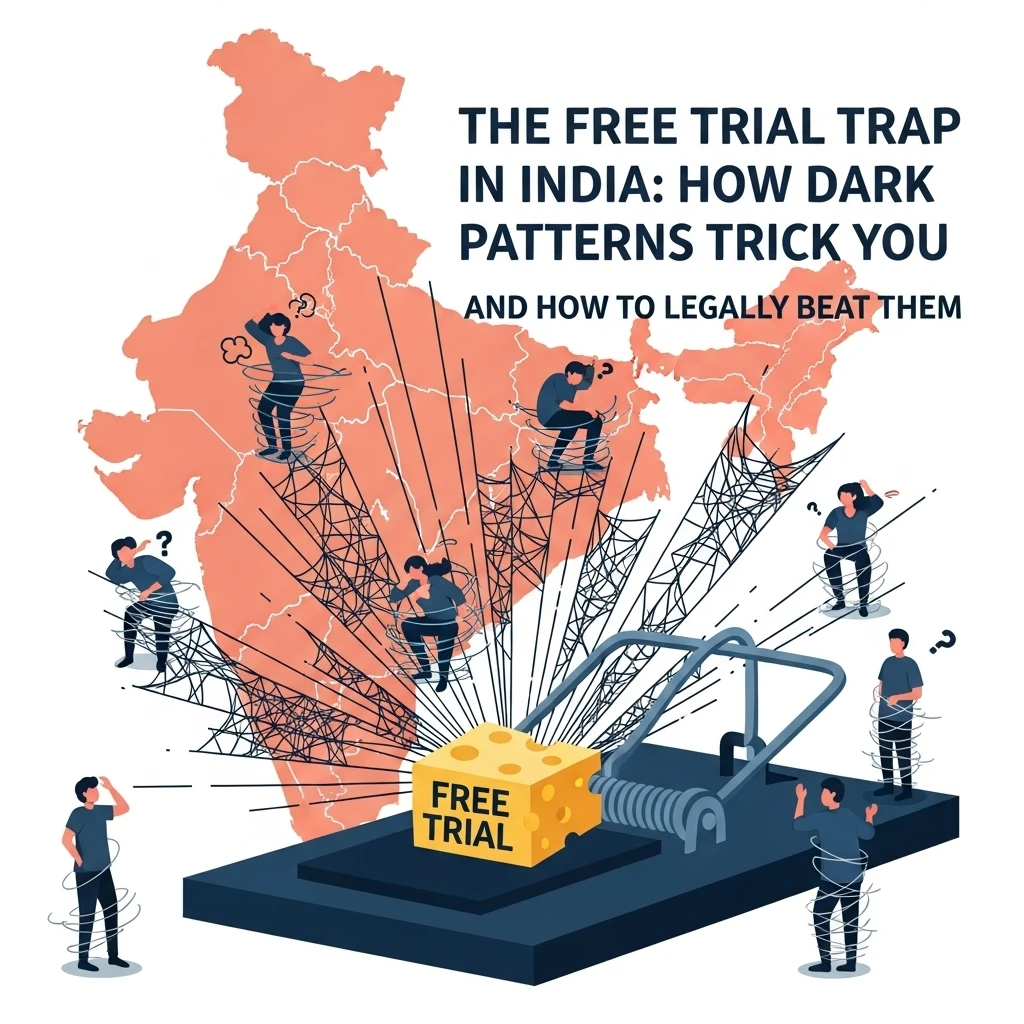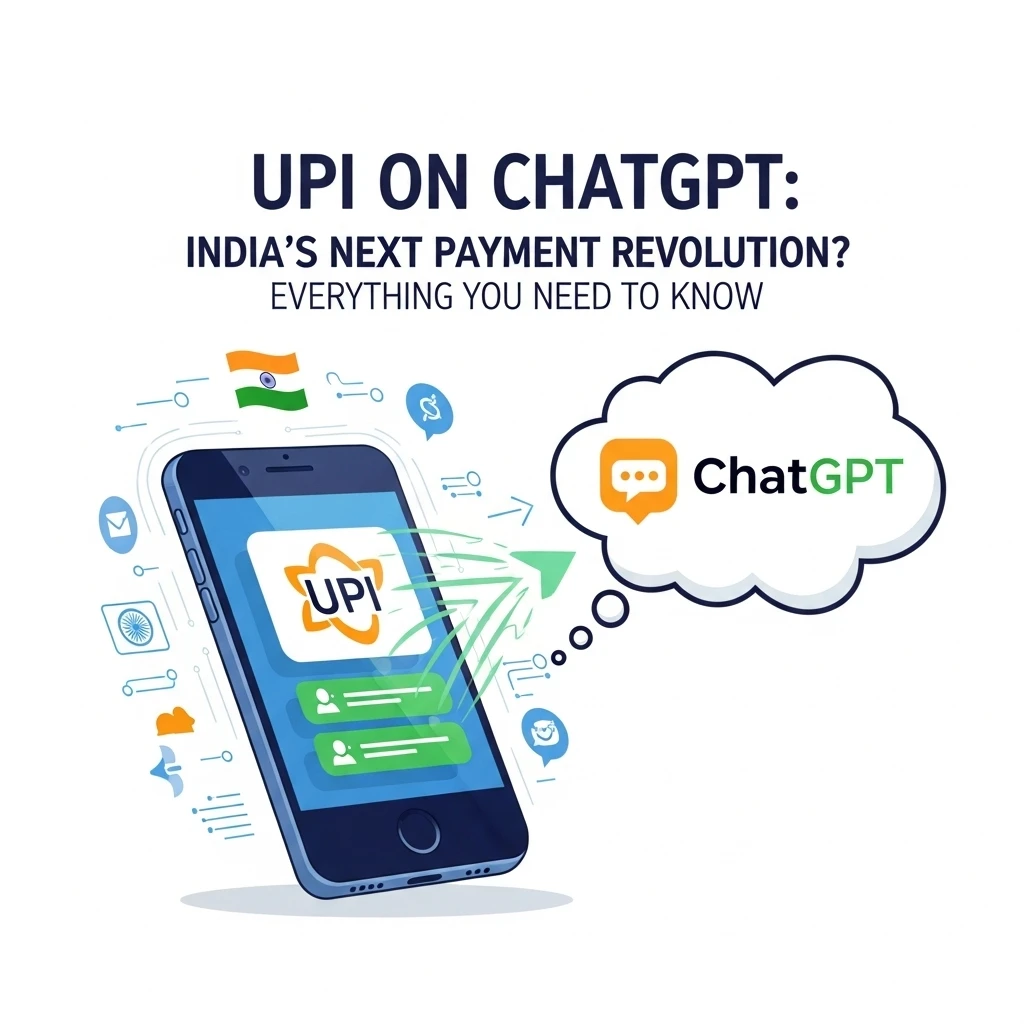Why Zoho is Becoming India’s Default Choice: From Arattai to Ministries
By Amandeep Singh
Founder, Cancelmates. Analyzing the intersection of tech, policy, and business.
In late 2025, a significant shift began in India's digital landscape. It didn't start with a new viral app, but with a quiet, deliberate decision. Union Ministers, including Home Minister Amit Shah and IT Minister Ashwini Vaishnaw, publicly announced they were switching to Zoho Mail. Soon after, the Ministry of Education mandated that its officials use the Zoho Office Suite.
This wasn't just a software preference; it was a statement. This government-led adoption, combined with the explosive popularity of Zoho's messaging app Arattai, has catapulted the homegrown tech giant into the national spotlight. But this is more than a simple "Swadeshi" success story. It's the result of a long-term strategy, a unique business philosophy, and a growing national urgency for digital sovereignty. This guide breaks down the critical factors behind Zoho's rise and what it means for India.

Understanding Zoho's Rise in India
- 1. The Government Goes "Swadeshi": A Wave of Official Adoption
- 2. The Core Reason: Data Sovereignty & Local Servers
- 3. The Zoho Philosophy: The "Bootstrapped Advantage"
- 4. The Power of the Ecosystem: More Than Just Email
- 5. Head-to-Head: Zoho vs. Google vs. Microsoft in India
- 6. The Ground Reality: User Criticisms and Challenges Ahead
- 7. Conclusion: A Turning Point for Indian Tech
- 8. Frequently Asked Questions
1. The Government Goes "Swadeshi": A Wave of Official Adoption
The most powerful catalyst for Zoho's recent surge has been a series of high-profile adoptions by the Indian government, aligning with the Atmanirbhar Bharat (Self-Reliant India) mission.
"The Indian Ministry of Education has instructed officials to adopt the Zoho Office Suite for official work — a move cited by multiple outlets as part of a push toward digital self-reliance."
This wasn't just an endorsement; it was a formal directive. The move saw over 1.2 million email accounts of Central government employees migrate to Zoho's platform, which was selected after a rigorous tender process and multiple security audits. This public backing from the highest levels of government sent a clear signal to the rest of the country: Zoho is a trusted, viable, and preferred alternative to foreign tech giants.
2. The Core Reason: Data Sovereignty & Local Servers
Beyond the "Made in India" tag, the strategic reason for the government's shift is digital sovereignty. This is the idea that a nation's data should be subject to its own laws and governance, free from foreign influence or access. Zoho's infrastructure is uniquely positioned to deliver this.
"Zoho allows customers to choose which country their data is hosted in and operates multiple datacenters worldwide; this ability to localize data is a major reason institutions pick Zoho."
With data centers in Mumbai and Chennai, Zoho guarantees that Indian user data can remain within India's borders. This is a critical security and strategic advantage, reducing dependence on foreign servers and protecting sensitive government and citizen data from geopolitical risks.
3. The Zoho Philosophy: The "Bootstrapped Advantage"
Zoho is a rarity in the tech world. With over $1 billion in annual revenue, it remains a profitable, privately held, and almost entirely bootstrapped company. Founder Sridhar Vembu has intentionally avoided venture capital, allowing the company to pursue a long-term vision without pressure for quarterly returns.
This "patient capital" approach enables a unique strategy:
- Deep R&D Investment: Zoho has spent decades building its own technology stack from the ground up, rather than relying on external services like AWS or Azure.
- Rural-First Model: By establishing development centers in non-traditional tech hubs like Tenkasi, Tamil Nadu, Zoho reduces operational costs and fosters local talent.
- Accessible Pricing: The lower cost structure allows Zoho to offer a comprehensive suite of products at a highly competitive price point, democratizing enterprise-grade software for SMEs.
4. The Power of the Ecosystem: More Than Just Email
While Zoho Mail and Arattai are in the spotlight, Zoho's true strength lies in the breadth of its integrated product suite. The Zoho Onebundle includes over 45 applications, creating a unified operating system for a business and solving the problem of "vendor sprawl."
Communication & Collaboration
Zoho Mail, Cliq (messaging), Meeting (video conferencing), WorkDrive (storage), and the full Zoho Workplace suite (Writer, Sheet, Show).
Sales & Marketing
Zoho CRM, Campaigns (email marketing), Social (social media management).
Finance & HR
Zoho Books (accounting), Invoice, Payroll, People (HR management).
Operations & Analytics
Zoho Projects, Analytics, Creator (low-code app builder).
5. Head-to-Head: Zoho vs. Google vs. Microsoft in India
For decades, Google Workspace and Microsoft 365 have been the undisputed leaders. Here’s how Zoho stacks up in the Indian context.
| Factor | Zoho Workplace | Google Workspace | Microsoft 365 |
|---|---|---|---|
| Entry Price (per user/mo) | Starts around ₹99 | Starts around ₹137 | Starts around ₹145 |
| Data Locality | Excellent. User choice with data centers in India. | Good. Has local presence but less clear guarantee of default in-country hosting. | Good. Regional data centers, but specific residency often requires configuration. |
| Core Strength | Deep integration across a vast ecosystem of business apps (CRM, HR, etc.). | Best-in-class real-time cloud collaboration (Docs, Sheets). | Powerful desktop applications (Word, Excel) and enterprise security. |
| Recommended For | SMEs & Govt. bodies needing cost-efficiency and data sovereignty. | Global teams and organizations prioritizing cloud-native collaboration. | Large enterprises deeply integrated with the Microsoft stack. |
6. The Ground Reality: User Criticisms and Challenges Ahead
Despite the momentum, the transition isn't without criticism. On platforms like Reddit, users and tech professionals have raised valid concerns:
- Feature Parity: Some users feel Zoho's tools, while capable, are still behind the polished experience of Microsoft Office or Google Docs in terms of functionality and user interface.
- Security and Encryption: The lack of default end-to-end encryption in Arattai has been a major point of contention, raising questions about privacy, especially for a government-endorsed app.
- Learning Curve: The sheer number of apps in the Zoho ecosystem can be overwhelming for new users, with some finding the interface "overly complicated."
- Risk of Monopoly: Some critics worry that strong government backing for one company could create a "Swadeshi monopoly," discouraging competition from other Indian tech firms and open-source alternatives.
7. Conclusion: A Turning Point for Indian Tech
The government's shift to Zoho is more than a software migration—it’s a declaration of confidence in homegrown innovation. It represents a convergence of a patient, product-focused company with a national strategic imperative for digital self-reliance.
While challenges of user experience and feature parity remain, the message is clear: India is moving from being a consumer of global software to a builder of its own. Zoho's journey from a small startup in Tenkasi to the default choice for the Indian government is a powerful blueprint for the future of the nation's tech ecosystem.
8. Frequently Asked Questions
Q: Which Indian ministers have switched to Zoho?
A: High-profile figures including Union IT Minister Ashwini Vaishnaw, Home Minister Amit Shah, and Education Minister Dharmendra Pradhan have publicly endorsed or announced their switch to Zoho's platforms.
Q: Who founded Zoho Corporation?
A: Zoho was co-founded by Sridhar Vembu, who continues to lead the company with a unique business philosophy focused on long-term growth without venture capital funding.
Q: Where is Zoho's primary R&D center located in India?
A: While Zoho has offices globally, its primary R&D hub and headquarters are located in a rural setting in Tenkasi, Tamil Nadu, reflecting its unique operational model.
Q: What is the name of Zoho's AI assistant?
A: Zoho's AI-powered assistant, integrated across its suite of applications, is named "Zia".


